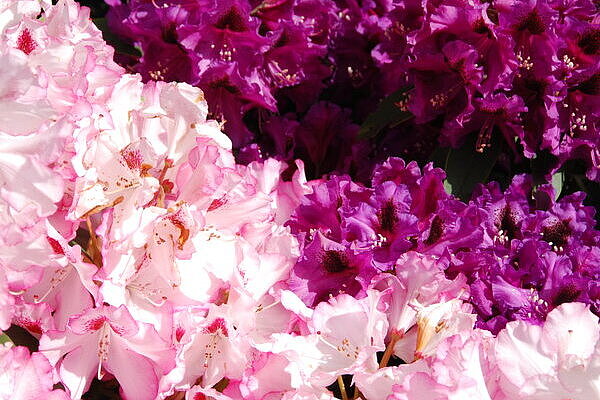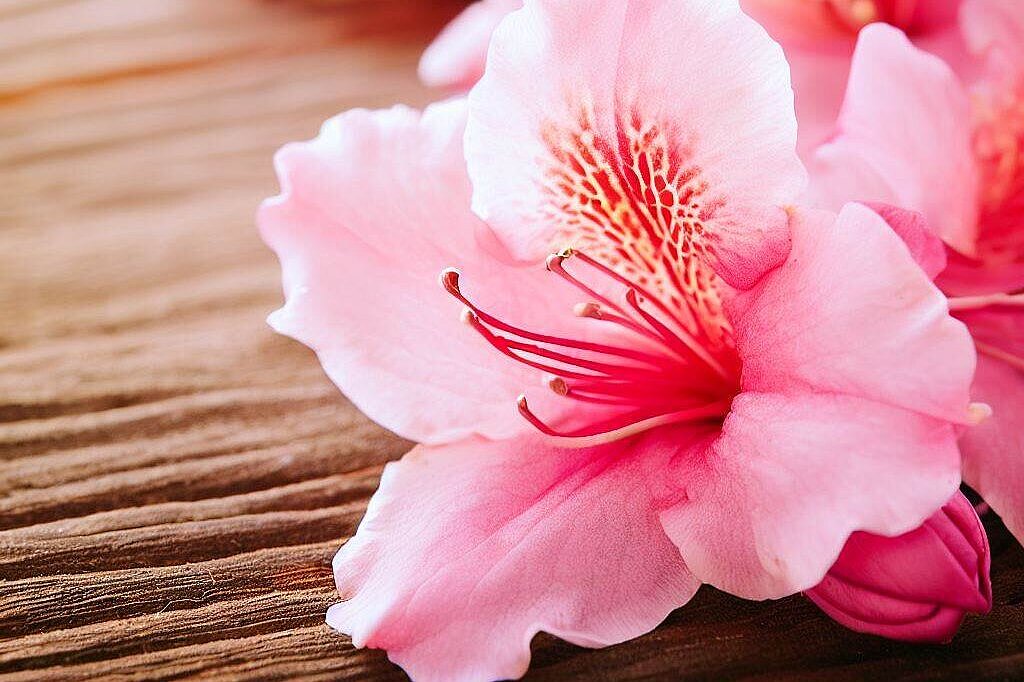Magnolias

Magnolia trees, with their lush flowers and aromatic leaves, are a symbol of beauty and grace in gardens and parks worldwide. But behind their fascinating aesthetics lies a potential danger for our four-legged friends. This article will guide you through the world of magnolias, highlighting their characteristics and examining the pros and cons of their presence in the lives of dogs.
Introduction: What are magnolias?
Magnolias are an ancient and diverse genus of plants found in temperate to subtropical regions around the world. They are known for their large, showy flowers and are often cultivated for their ornamental beauty. Magnolia trees and shrubs include a variety of species, with some varieties being evergreen and others deciduous.
The beauty of magnolias and their appeal
Visual and aromatic attraction
The magnificent flowers of the magnolia are not only an eye-catcher for people, but also attract a variety of pollinators. Their sweet fragrance enriches the air, especially in spring when most magnolia species are in bloom.
Landscaping
Magnolias offer a rich palette of design options for gardens and parks. They can be used as specimen plants, in groups or as natural privacy hedges to add a touch of elegance and tranquility to any landscape.
Potential risks for dogs
Despite their beauty, magnolias can pose certain risks to dogs. It is important to be aware of these potential dangers so that preventative measures can be taken.
Toxicity
Some parts of the magnolia plant can be toxic to dogs. In particular, the seeds, leaves and bark contain substances that can cause gastrointestinal problems if ingested. Symptoms of poisoning may include vomiting, diarrhea and lethargy.
Allergic reactions
Although rare, some dogs may develop allergic reactions to pollen or other components of the magnolia plant. Symptoms may include skin irritation, sneezing and eye irritation.
Choking hazard
The large flowers and leaves of the magnolia can be a choking hazard, especially for smaller dogs who tend to explore and chew anything they can find.
Preventive measures and recommendations for action
To minimize the risk to dogs, it is important to take some precautions:
- Supervise your dog in the garden, especially around magnolias.
- Remove fallen flowers, leaves and seeds regularly to reduce the temptation for your dog.
- Find out about the specific species of magnolia in your garden to better assess the potential risk.
A conscious coexistence
Magnolias can be an asset to any garden, but they also pose potential risks for our dogs. Conscious action and preventative measures can minimize these risks and create a safe environment for our four-legged friends. It is important to enjoy the beauty of nature while ensuring the well-being of our pets.
If you notice any signs of hypersensitivity or poisoning in your dog, you should see your vet immediately. We are not a substitute for a vet, but we try to be as accurate as possible. Every dog reacts differently and we recommend you get a second opinion or consult your vet if in doubt.
Stay healthy and take good care of your four-legged friend!😊
Similar to Magnolias
Camellias are a genus of flowering plants in the tea family (Theaceae), characterized by their beautiful, often fragrant flowers and shiny, evergreen leaves. There are over 100 species of camellia,...
Rhododendron belongs to the heather family and comprises more than 1000 species that can be found in different regions of the world. Most varieties bloom in spring, some also in summer or fall....
Azalea is a genus of plants in the heather family. There are more than 1000 species of azalea, most of which are native to Asia. They are characterized by their lush flowers, which shine in...
Gardenias (Gardenia jasminoides) belong to the Rubiaceae family and are best known for their highly fragrant, white or cream-colored flowers. Originally native to the warm regions of Asia and...



